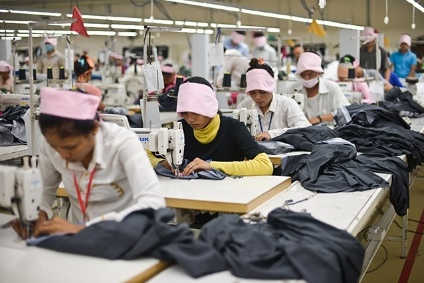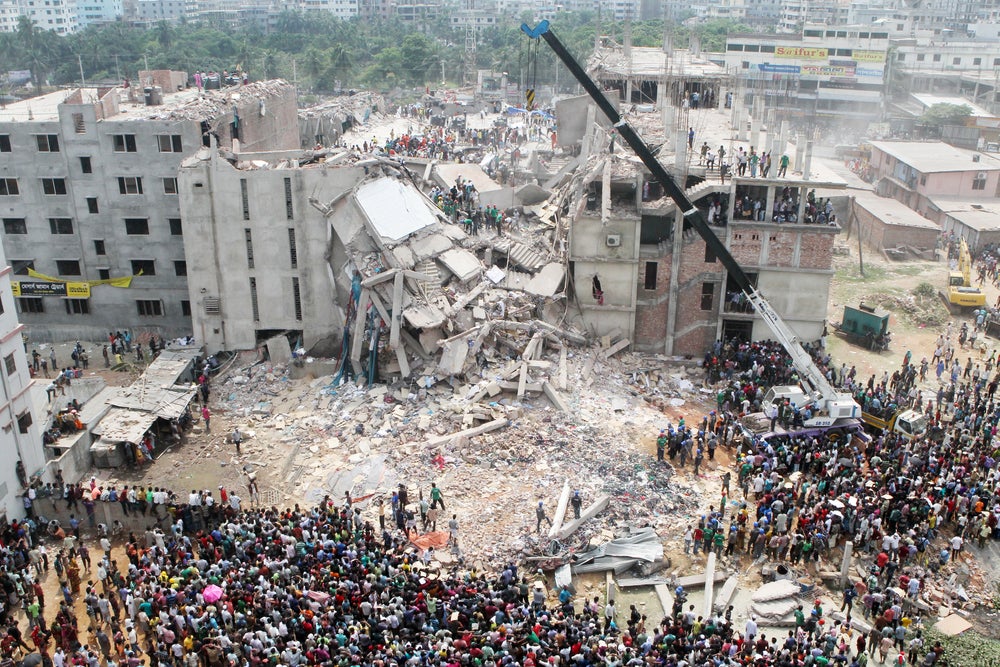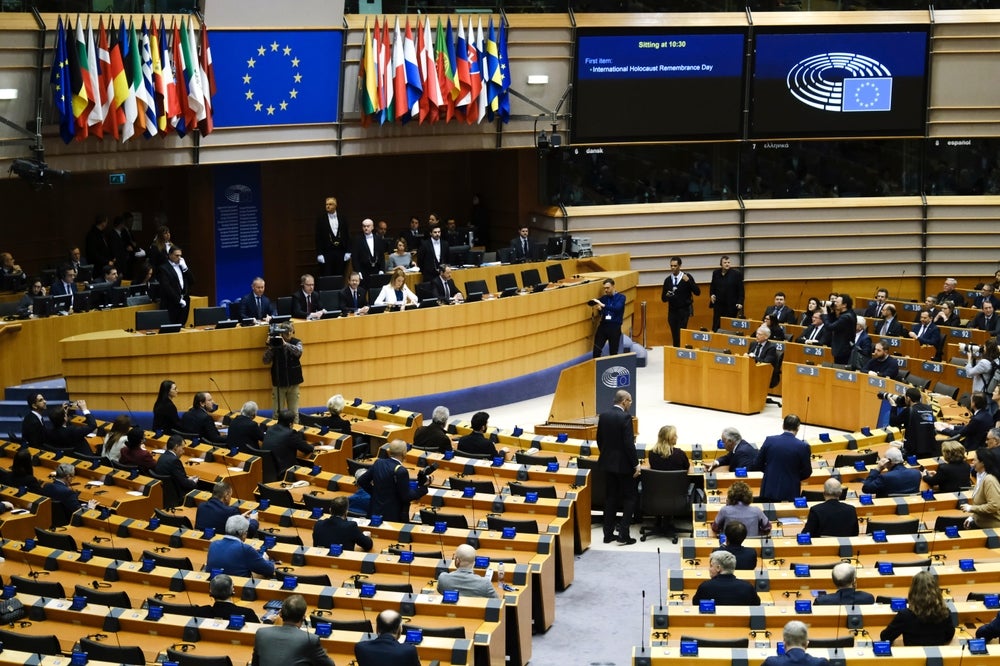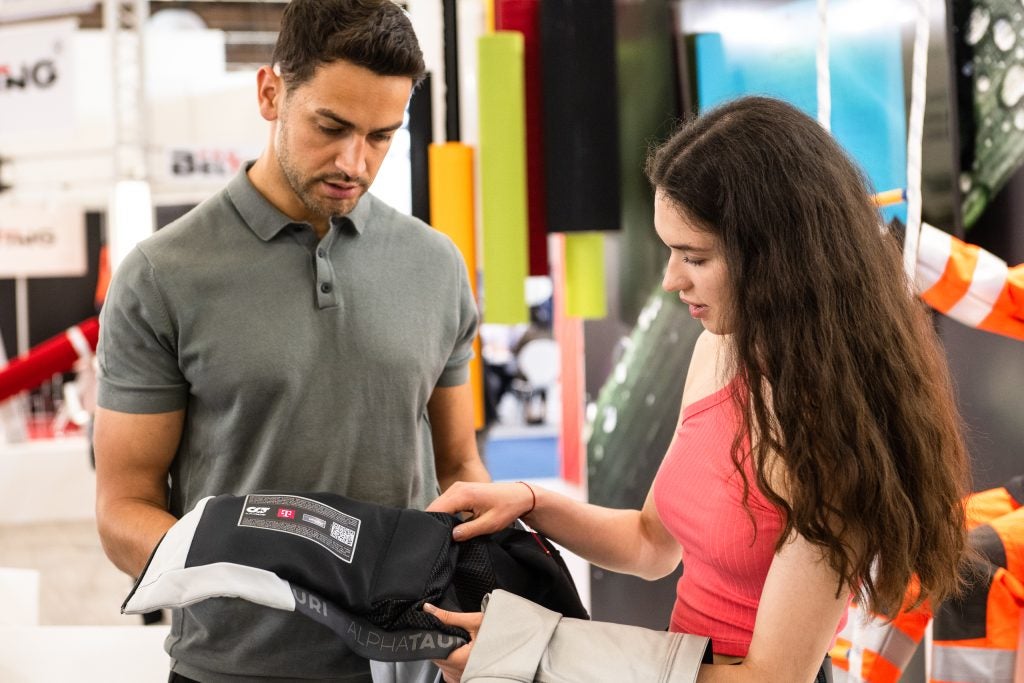
Despite months of objections by Cambodia’s garment and footwear sectors, the European Union’s (EU) decision to partially withdraw the country’s preferential access to the EU market under the Everything But Arms (EBA) trade scheme is now in effect.
As of yesterday (12 August), some of Cambodia’s exports such as garments, footwear and travel goods became subject to the EU’s customs duties and will now incur duties at the WTO’s Most Favoured Nation (MFN) rate.
The EU announced it would partially suspend Cambodia’s eligibility for the EBA programme – the EU’s trade arrangement for Least Developed Countries – in February due to growing concerns about the country’s human rights records.
Since then, its clothing and footwear industry has urged the EU Commission to reconsider or even postpone the decision in light of the Covid-19 pandemic. But human rights groups have been urging more foreign governments to follow the EU’s lead and pressure authorities in Cambodia to take action to address its human rights situation.
In a statement yesterday, the European Commission said it enforced the measure while staying open to engage with Cambodia on the necessary reforms.
See Also:
“We have provided Cambodia with trade opportunities that let the country develop an export-oriented industry and gave jobs to thousands of Cambodians,” says Commissioner for Trade Phil Hogan. “We stand by their side also now in the difficult circumstances caused by the pandemic. Nonetheless, our continued support does not diminish the urgent need for Cambodia to respect human rights and labour rights. I stand ready to continue our engagement and to restore fully free access to the EU market for products from Cambodia provided we see substantial improvement in that respect.”
How well do you really know your competitors?
Access the most comprehensive Company Profiles on the market, powered by GlobalData. Save hours of research. Gain competitive edge.

Thank you!
Your download email will arrive shortly
Not ready to buy yet? Download a free sample
We are confident about the unique quality of our Company Profiles. However, we want you to make the most beneficial decision for your business, so we offer a free sample that you can download by submitting the below form
By GlobalDataAccording to the Commission, the withdrawal of preferential access concerns around 20% of Cambodia’s exports to the EU. The Southeast Asian country may still export those products to the EU but they will be subject to general tariffs applicable to any other member of the World Trade Organization (WTO).
The Commission says that together with the European External Action Service (EEAS), it will continue its enhanced engagement with Cambodia, monitoring the situation in the country, with a particular focus on current restrictions in the areas of freedom of expression and civil and political rights, as well as land disputes and labour rights in the context of the ongoing reforms.
“The EU is aware of the significant impact of the coronavirus pandemic on Cambodia’s economy and employment and stands ready to support the country in its fight against the coronavirus crisis and towards economic recovery. This, however, does not waive the urgent need to ensure respect for human rights and labour rights in Cambodia,” it notes.
“Since February 2020, when the EU’s decision on partial withdrawal was taken, the Cambodian Government could at any time have taken the necessary steps to fulfil the conditions allowing the European Union to fully restore EBA preferential access to the EU market. This remains the case.”
The Commission recommends Cambodian authorities take action to restore political freedoms in the country, to re-establish the necessary conditions for a credible, democratic opposition and to initiate a process of national reconciliation through genuine and inclusive dialogue.
“The Commission and the EEAS have outlined the necessary actions to the Cambodian authorities on numerous occasions, as well as in the Commission’s Delegated Regulation. Actions include the reinstatement of the political rights of opposition members and the repeal or revision of laws, such as the Law on Political Parties and the Law on Non-Governmental Organisations. If the government of Cambodia shows significant progress, particularly on civil and political rights, the Commission may review its decision and reinstate tariff preferences under the Everything But Arms arrangement, in line with the provisions of the EU Generalised Scheme of Preferences.”
A recent analysis on just-style has taken a closer look at How the EU trade curb will affect Cambodia’s apparel industry.







